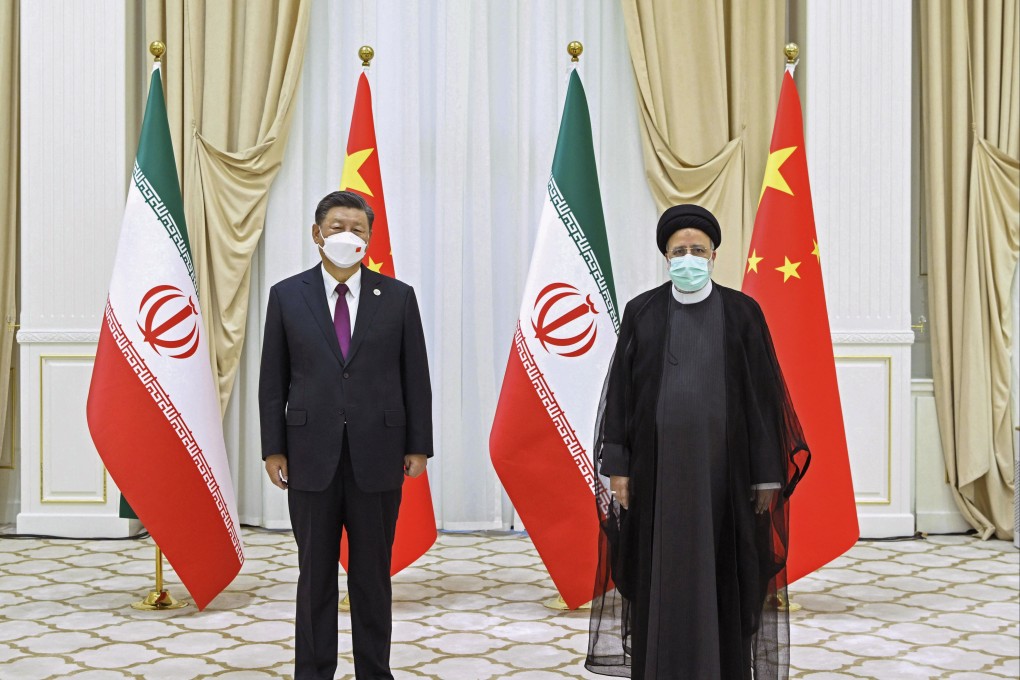Editorial | China and Iran move to end the stalemate
- Talks between the leaders of the two nations touched on reviving an agreement that would prevent Tehran developing nuclear weapons and pave the way for the lifting of economic sanctions on the Middle Eastern country

Every war is a reminder that it is the worst way for nations to settle disputes. The fallout is not confined to the combatants, as evidenced in disruption of supply chains by the Ukraine conflict. A reminder arose in talks last week between the leaders of China and Iran, which touched on the stalled deal to revive an agreement that would prevent Iran developing nuclear weapons and pave the way for the lifting of economic sanctions on the Middle Eastern country.
Only a year ago China, Russia and European partners had brought Washington and Tehran to the brink of such a deal, which would have calmed Middle East tensions. Negotiators strove for flexibility and compromise to close it.
But first the clouds of war, then Russia’s invasion of Ukraine, froze cooperation between key deal brokers. Referring to the stalemate in a statement after his talks in Beijing with Iranian President Ebrahim Raisi, President Xi Jinping said China will continue to take a constructive part in the negotiations aimed at resuming the nuclear deal, and support Iran’s legitimate rights and interests.
Otherwise, the two leaders’ wide-ranging talks consolidated bilateral relations, with Xi accepting an invitation to make his first visit to Iran since 2016, in return for the first visit to China by an Iranian president since 2018.
They repeated calls for the lifting of sanctions on Iran to progress the stalled international agreement.
